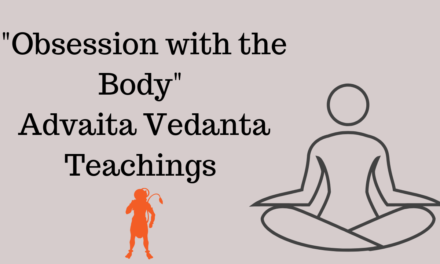The concept of cause and effect is deeply ingrained in our understanding of the world. We often attribute an event or occurrence to a cause or set of causes, believing that every effect must have a cause. But what if there is no cause at all? This is the idea that Maharaj, a spiritual teacher, presents in a conversation with a questioner. He asserts that events are causeless and that from the highest point of view, the world has no cause.
The questioner struggles to understand this idea, pointing out that everything seems to have a cause. Maharaj explains that once we create a world in time and space governed by causality, we are bound to search for and find causes for everything. He argues that the question of causation arises only when we impose it upon ourselves and that from his perspective, he sees only consciousness and knows everything to be but consciousness.
The questioner argues that even if we accept the existence of things, we cannot deny their causes. But Maharaj maintains that the entire universe contributes to the least thing and that a thing is as it is because the world is as it is. He uses the analogy of gold ornaments, pointing out that when you re-melt an ornament to make another, there is no causal relation between the two.
The common factor is gold, but you cannot say that gold is the cause. It causes nothing by itself; it is reflected in the mind as ‘I am’, as the ornament’s particular name and shape. Yet all is only gold. In the same way, reality makes everything possible, but nothing that makes a thing what it is, its name and form, comes from reality.
Maharaj questions the relevance of causation when things themselves are transient. He asks, “Why worry so much about causation? What do causes matter, when things themselves are transient? Let come what comes and let go what goes — why catch hold of things and enquire about their causes?” He points out that the relative view of causation is of no use to us and that we should abandon all ideas of life and death, self and not self.
The questioner asks Maharaj from what point of view he denies causation. Maharaj responds by asking from which state the question is being asked. He explains that in the waking state, all these problems arise, but we are not always in that state. When the mind is still and absolutely silent, the waking state is no more.
Maharaj’s views on causation challenge our understanding of the world. We tend to believe that everything has a cause and that the cause-and-effect relationship is essential for order and purposeful action. However, Maharaj suggests that causation is not as relevant as we believe it to be. He argues that everything is interconnected and that a thing is as it is because the world is as it is. The world contributes to the least thing, and there is no causal relationship between the things themselves.
While Maharaj’s views may be challenging to comprehend, they encourage us to look beyond our limited understanding of the world. By questioning our beliefs and assumptions, we can open ourselves up to new ways of thinking and being. Maharaj’s teachings encourage us to let go of our attachment to causation and instead focus on the present moment, where everything simply is.





